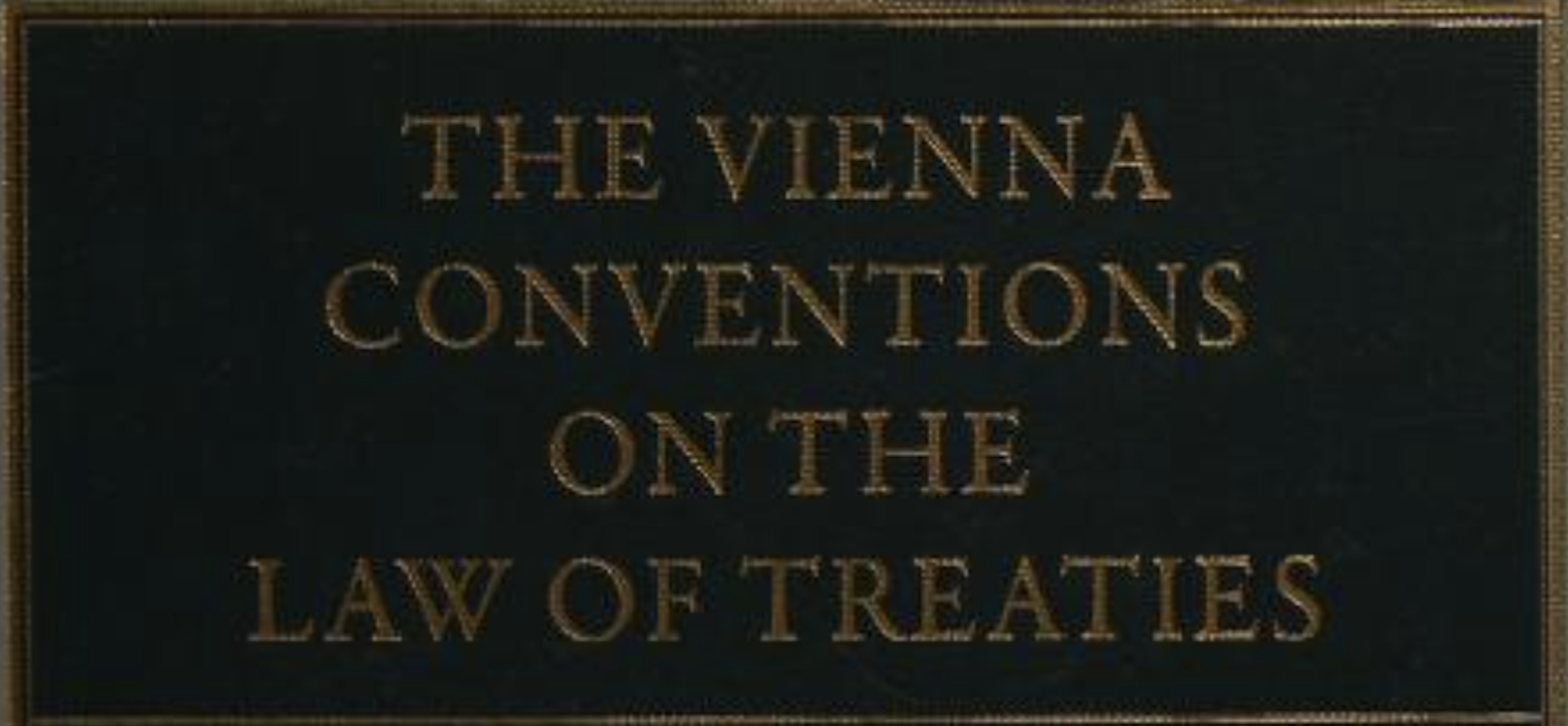Are representatives of Australia being coerced into signing the World Health Organisations Pandemic Treaty? Among the defects that have classically been recognised as destroying free will, violence or coercion occupy – next to error – a prominent place.
“A treaty is valid if there be no defect in the manner in which it has been concluded: and for this purpose
nothing more can be required than a sufficient power
in the contracting parties, and their mutual consent sufficiently declared.”
A distinction has been drawn between violence against a representative of a State, and the State itself. Following the traditional approach – which dominated until the end of the Second World War – violence against a person representing a State was considered as a basis for nullifying an international treaty, whereas coercion against the State itself was not.
“When an envoy, who has received the necessary powers to sign a treaty, is affected by madness or finds himself in a state of drunkenness in which he is no longer aware of his actions, the State is not bound by the signature of its envoy. The signature of a sovereign likewise does not bind a State if his hand is forced by the use of violence against him, or if one coerces him to sign under the threat of death.
A State representative having being coerced into accepting a treaty, the treaty was not a manifestation of the consent, properly understood, of the State. There was thus an appearance, an ectoplasm, of consent on the part of the State, behind which the coercion remained concealed. Violence directed against the personal interests of the representative was seen as being coerced into acting against the interests of his or her State. Since violence destroys consent (vitium originis) and since there is no State consent outside of that expressed by its representatives, every time that the manifestation of consent is negated by coercion, the treaty is marred by a reason to make it void.
22 pages
